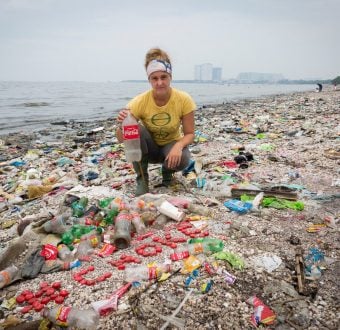Effective immediately, the US Fish & Wildlife Service will begin to eliminate the use of harmful and proven bee-killing pesticides in the Pacific National Wildlife Refuge Systems. These lands include Washington, Hawaii, Idaho and Oregon. The total elimination in this area should be completed by 2016.
Explaining their reason for the phase out, USFW’s memo stated thepotential broad-spectrum adverse effects to non-target species, from neonicotinoids, the pesticides used widely in agriculture. A recent Harvard University study found neonicotinoids as the likely culprit for Colony Collapse Disorder. The European Union even placed a two-year ban on the pesticides also suspecting they were the cause of massive bee die offs.
Read USFW’s memo
What’s interesting is that pesticides use is not very common on refuge lands, but the chemicals can easily drift once used and are very powerful. Last year, an entire parking lot in Oregon was covered in approximately 50,000 dead honeybees, bumblebees, ladybugs and other insects after landscapers spayed a powerful pesticide manufactured by Valent, an agricultural company. Oregon responded by banning the pesticide, called Safari, and other pesticides that includedinotefuranneonicotinoids.
Awesome bee facts
This move from USFWS will hopefully inspire more national federal and state action on banning the use of these chemicals and promoting responsible agriculture. Maintaining the health of bee populations is critical to supporting sustainable ecosystems including our access to fresh produce.Bees are responsible for pollinating $15 billion worth of just US crops and 200 million pounds of UK crops.



